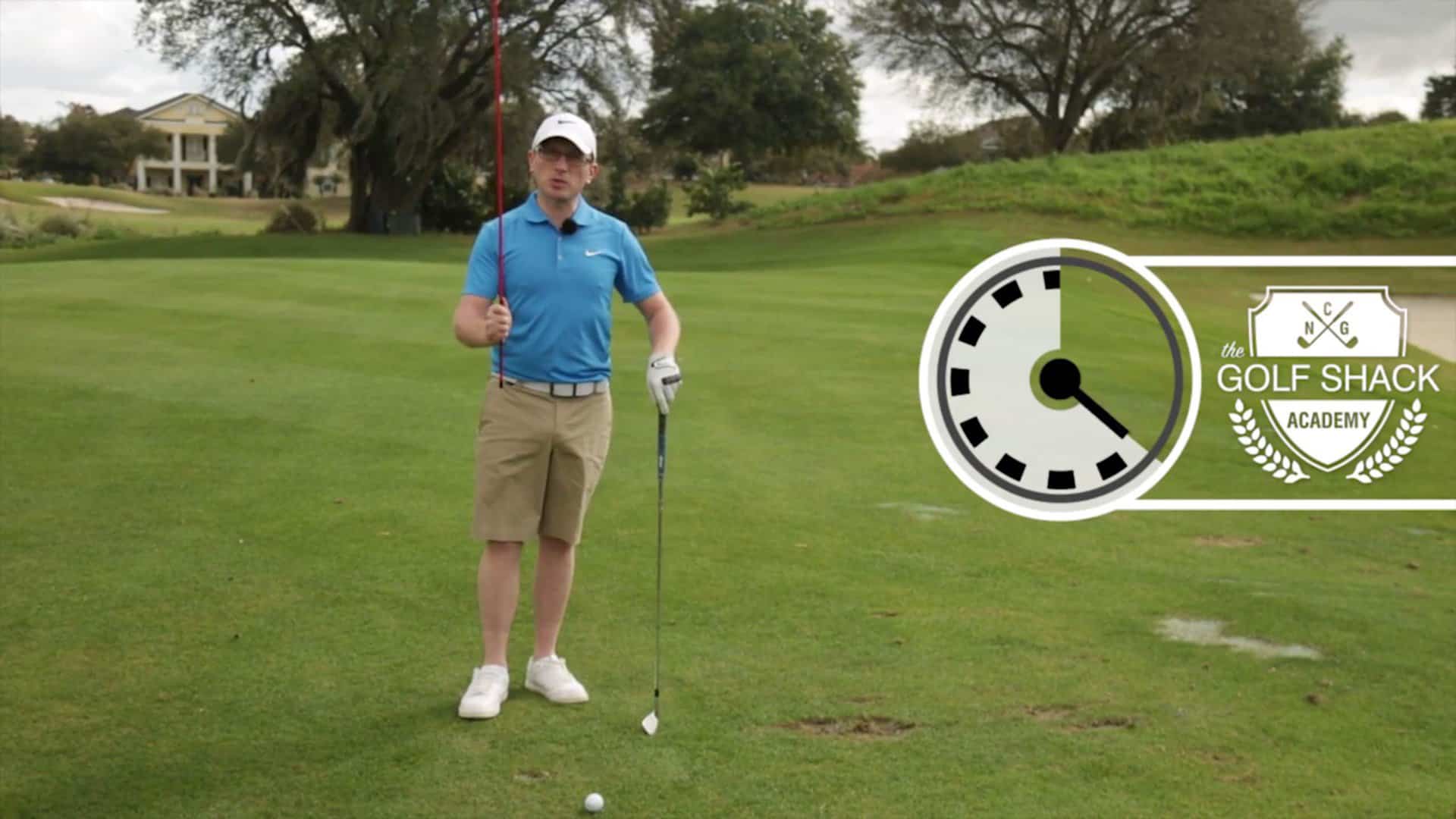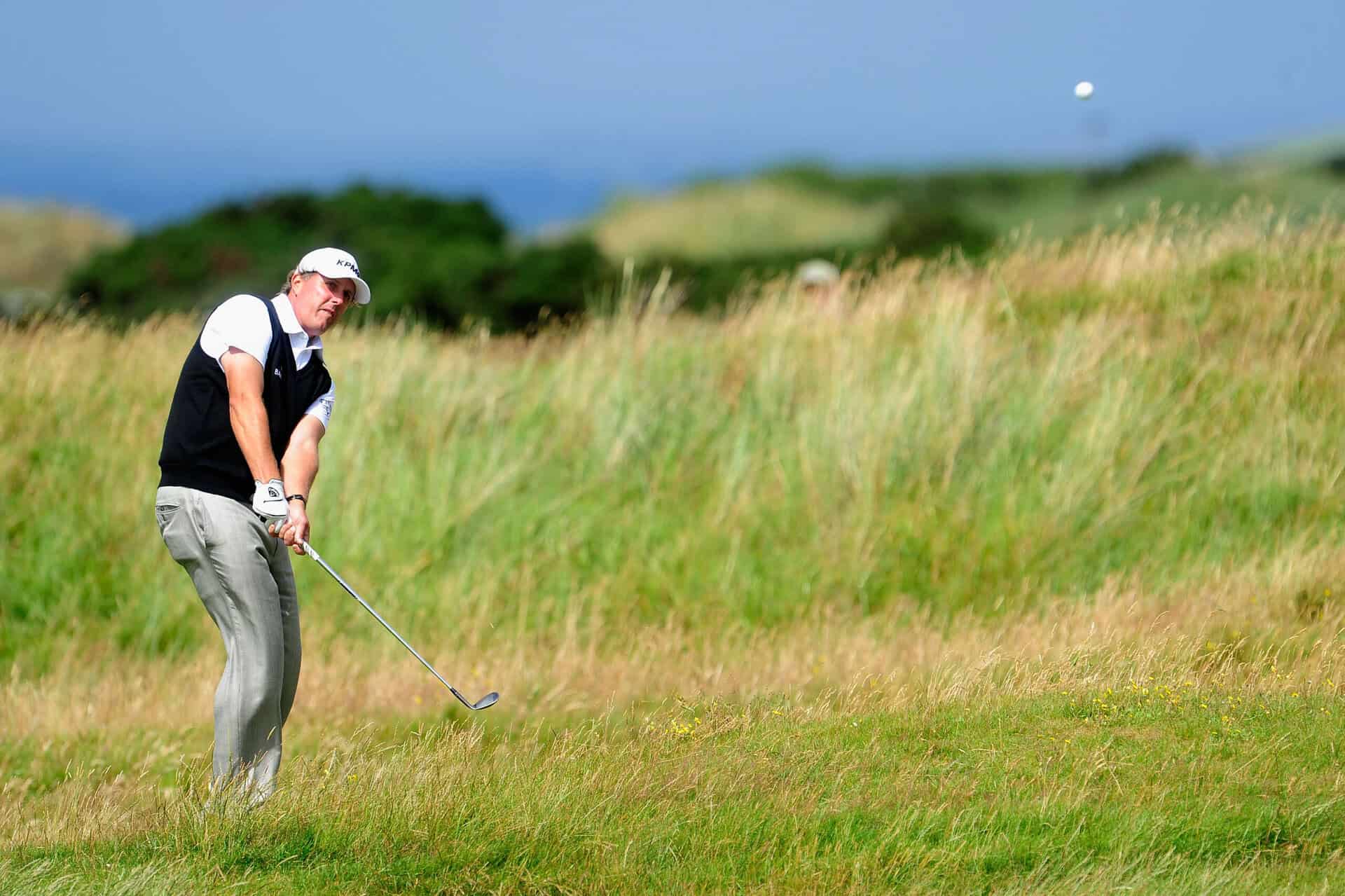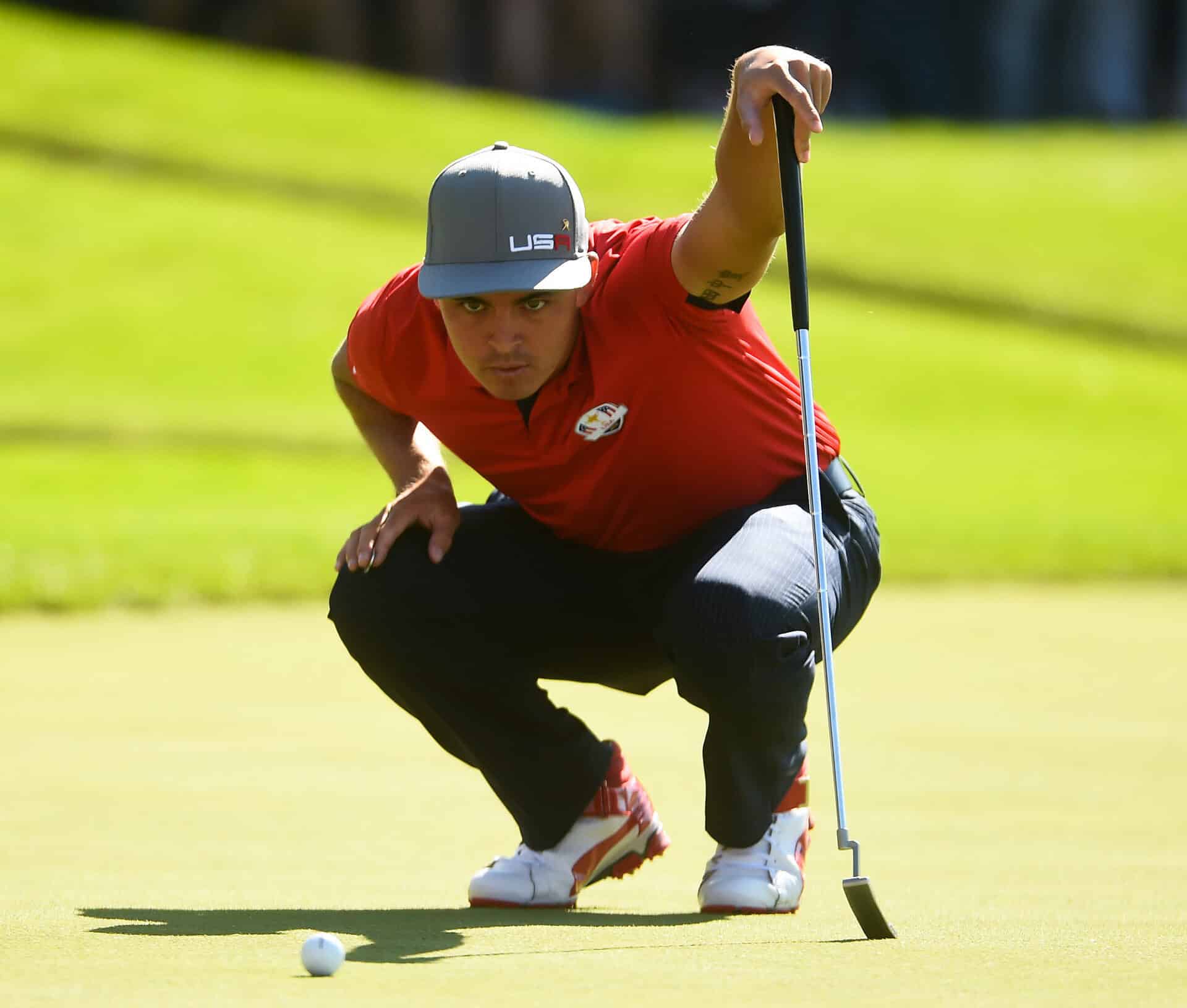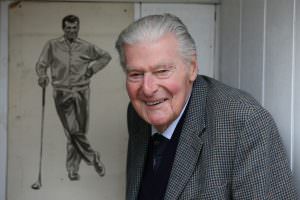
Mark Townsend: My bid to overcome the chipping yips
I am back beside the 11th green at Wimbledon Park. It is 1996 and it is my first Medal for three years. I am already six shots over my handicap (of six) and the ball is lying in between two juicy bits of turf, thanks to a tugged approach with a wedge.
I haven’t really played much for the past three years and, judging by the front nine, I have developed some sort of neurosis over my chipping. Two holes previously I made an eight at a par 4 where I was approximately three yards from the pin after two shots. And I am now about to miss the ball completely, instead chilli-dipping a sliver of grass on top of my ball while my hands spasm frantically in several directions. My next effort is a screaming, knee-high knife which finishes on the other side of the green and I finally one-putt for a treble-bogey.
I’ve lost it.
—-
I am now at The Leicestershire and am having my hands and arms stroked by a man I only became aware of the previous week. James Hymers is a certified Havening therapist, one of just 50 in the world. He works with people who have anxiety, phobias, post-traumatic stress disorder, panic attacks, fear of flying and all sorts of other unhelpful habits. I’m hoping that he’ll be able to help with my chipping concerns.
The Havening technique was developed by the American neuroscientist, Dr Ronald Ruden, and, in very broad terms, is designed to change the brain de-traumatise the memory and permanently remove its negative effects from both our psyche and body.
We all have different brain waves that we use for different actions every day. The delta wave is the lowest at 0.5-2 Hz (cycles per second). When we are in this state it’s the same as deep sleep. The production of delta waves is activated using the Havening techniques of arm, hand and face-rubbing patterns and this produces many chemical changes in the brain.
Paul McKenna, a practitioner, says of it: “Havening therapy is going to change the face of therapy across the world. What used to take months to cure can now be done in minutes in most cases. It is light years ahead.”
—-
And so I am back by the 11th and trying to relate the emotion of what went on that day. I am able to recall instantly where the other two unfortunate members of our threeball were when it happened and the look on their faces when the club failed to make contact with the ball. My senses are heightened as I relive this grisly moment, I repeat over and over the word that best describes my emotions – ‘panic’ – but then, gradually, my recollection becomes hazy of the moment.
What was a nine out of 10 for discomfort is now a three. Another of the chemical changes is the production of Gaba which inhibits some brain functions so even counting from one to 20 out loud is beyond me. You might think you could do this yourself but this is a flawed way of thinking. There’s a process to the questions, the singing out loud of nursery rhymes and the hands-on techniques – and it’s clever, brilliantly clever.
—-
Over the course of the next half hour we visit more pleasant places (in my mind) than that green. At times I become close to hysterical laughter and things are warm and fuzzy, alien sensations when the topic of chipping keeps being brought up. And then we venture on to the chipping green and I immediately blade one into a nearby fence. James is also a single-figure golfer so, after pointing out that my ball position was something like a foot outside my right foot, we begin to make some proper progress.
Not just by ‘getting my weight forward, 60-40 of course’ but by not having the dread that comes with every chip shot, be it on the course, on a chipping green or even messing about with an air-flow ball around the house. I didn’t care if the odd bad one slipped in, I have so many techniques and ‘processes’ that I have adopted in the past 20 years that there is an awful lot of mental baggage to get rid of. The ideal is to play with some sort of freedom. The thought of being short-sided should only enter my head when I’ve done it rather than 420 yards away before I’ve even hit my tee shot.
And then we play five holes and I hit two chips, both of which I approach with something like a clear mind, picking a landing spot and playing a shot and then having a putt.
I feel like I’ve turned a corner.
—-
PS It is now three weeks since my visit and I have been to the range twice. For years, I have avoided playing to the nearby baskets but now, and this is very odd, the huge unease that comes with a chip isn’t there. I can’t get myself into a mental pickle however hard I try. And, when I think of that afternoon in 1996, I just giggle and smirk to myself.
—-
In James’ words
“Being a single-figure golfer and a therapist I wanted to help free people from the yips. I had heard the old saying ‘get the yips, die with the yips’ and I thought if other problems can be resolved why not this one?
“When I saw Mark he had a clear vision of the encoding moment, when a change occurred in the brain. This is not always the case. In fact with many golfers it’s been as wide-ranging as divorces, financial hardship, grief and all sorts.
“With Mark, I took away the emotional content of the old memories and replaced it with positive ones, just like changing the programme on a computer.
“It’s a deceptively simple process to watch but there’s a lot going on and I thank Dr Ruden every day for his years of research to come up with a tool that helps so many.
“I’ve helped people with all sorts of trauma including anxiety, fears, phobias, childhood abuse, grief, unhelpful behaviours and even addiction. Havening is really making a difference and I’m glad it’s helping in golf too.”
W jameshymers.com
M 07940 597 766
T @jamestrainerw

Second Hand Shorts 24: Improve your strike

Quick 9: Greatest chip shots in golf
Mark Townsend
Been watching and playing golf since the early 80s and generally still stuck in this period. Huge fan of all things Robert Rock, less so white belts. Handicap of 8, fragile mind and short game









